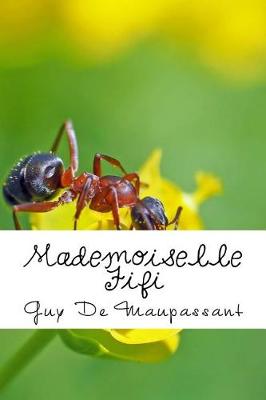Travelman Classics S.
1 primary work
Book 2
For Maupassant, existence is what happens to us between two events which we cannot avoid: birth and death. The space between is filled with a compulsory programme of rituals which merely pass the time. But mankind cannot bear too much truth, and we turn mating to Love, dignify war by calling it Patriotism, subscribe to morality, and generally delude ourselves that we are not animals acting upon instinct but rational creatures capable of idealistic beliefs and actions. We survive only on the drug of self-deception. Maupassant, whose disgust with creation was only equalled by his contempt for human hypocrisy, takes a scalpel to our illusions and cuts to the bone. He operates without anaesthetic and his tales are not for the squeamish. He would be unbearable to read if his clinical pessimism were not redeemed by a sense of the absurd and a warmer compassion for 'humanity bleeding'. Unsentimental but always honest, he persuades us that life is an incomprehensible, cosmic farce. This translation of twenty tales shows Maupassant at his bitter, bawdy, chilling best. It features some of his grimmest and most famous stories such as A Vendetta and The Grove of Olives, but it also reflects both his moods and his mastery of the short story. The Little Keg is rich in comic invention, while the disturbing Who Can Tell? draws its power from the strange forces which drove its author into madness.
